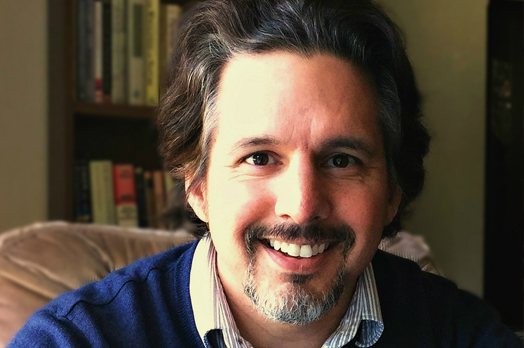CACREP Accredited Program
The Master of Science in Professional Counseling’s Clinical Mental Health Counseling specialization is fully accredited by the Council for Accreditation of Counseling & Related Educational Programs (CACREP) through 2031.
CACREP is the national accrediting body for graduate level counseling programs that approves high quality training programs that meet the highest academic standards for counselor education. Graduates of CACREP accredited programs can more easily obtain State counseling licensure, will find greater portability between State licensing boards and are eligible to work in Veterans Affairs and with employees of other federal agencies that require graduation from a CACREP accredited program. Finally, this program prepares student for a Ph.D. in Counseling Education and Supervision or doctoral studies in other related professions.
Counseling Program Assessment
CACREP Vital Statistics Report 2024
In the past year, 29 Clinical Mental Health Counseling students graduated with:
- 100% program completion rate
- 100% licensure examination pass rate
- 100% job placement/doctoral admissions rate
- Plan & Timeline
- Annual Assessment Report
Clinical Mental Health Counseling Degree Requirements
The 60-credit clinical mental health counseling concentration requires you to:
- Complete all required and elective program coursework (see below)
- Perform 700 on-site hours of clinical/internship experiences at selected clinical mental health practicum sites
- Pass the Counselor Preparation Comprehensive Examination (CPCE).
The program offers specialized coursework in trauma counseling, addictions counseling
By completing the clinical mental health counseling graduate program, you will be eligible for two training licenses from the Wisconsin Department of Safety and Professional Services:
- Substance Abuse Counselor – Initial Training (SAC-IT): You qualify for this while you are enrolled in the program.
- Licensed Professional Counselor – Initial Training (LPC-IT): You qualify for this upon graduating from the program.
To become a fully Licensed Professional Counselor, you will need to complete 3,000 of post-master’s supervised clinical counseling experience and pass the National Counselor Exam.

Through my clinical internship, I got a different perspective on the mental health treatment process that helped me see things from the client's point of view.
Matt George

Clinical Mental Health Counseling Practicum Sites
Our faculty will help you secure a practicum/internship site where you will complete 700 hours of clinical/internship experiences: one semester of supervised practicum (10 hours per week for a total of 100 hours on-site) and two semesters of counseling internship (20 hours per week, for a total of 300 hours each semester on site).
Practicum/internship sites for clinical mental health counseling students are located primarily in southeastern Wisconsin.
Clinical Mental Health Post Master's Certificate
Post-Master’s Certificates in Counseling are designed for students who have previously received a master’s degree in the counseling field and who seek an additional area of concentration in which to be licensed. In most cases, specific licenses are granted by state regulating and licensing boards and in some cases licensing or credentialing may be awarded by a national professional organization. See the curriculum requirements based on your previous degree.
Transfer Credits
A maximum of 9 credits or 30 percent of total program credits, whichever is greater, may be transferred from other regionally accredited institutions with the approval of the program director. All transfer credits must be at a grade B or better and documented with official transcripts. Credit earned prior to admission will be evaluated during the admission process only.